Omeprazole 20 mg Delayed-Release Tablets for Heartburn Relief
Omeprazole 20 mg Delayed-Release Tablets are a widely used medication for relieving heartburn and managing gastroesophageal reflux disease (GERD). As a proton pump inhibitor (PPI), omeprazole works by reducing the amount of acid your stomach produces, providing relief from the discomfort caused by acid reflux, ulcers, and other acid-related conditions. With its delayed-release formulation, this medication ensures consistent and effective acid reduction throughout the day. Whether you’re experiencing occasional heartburn or chronic acid reflux, omeprazole offers a reliable solution to help manage and alleviate symptoms.
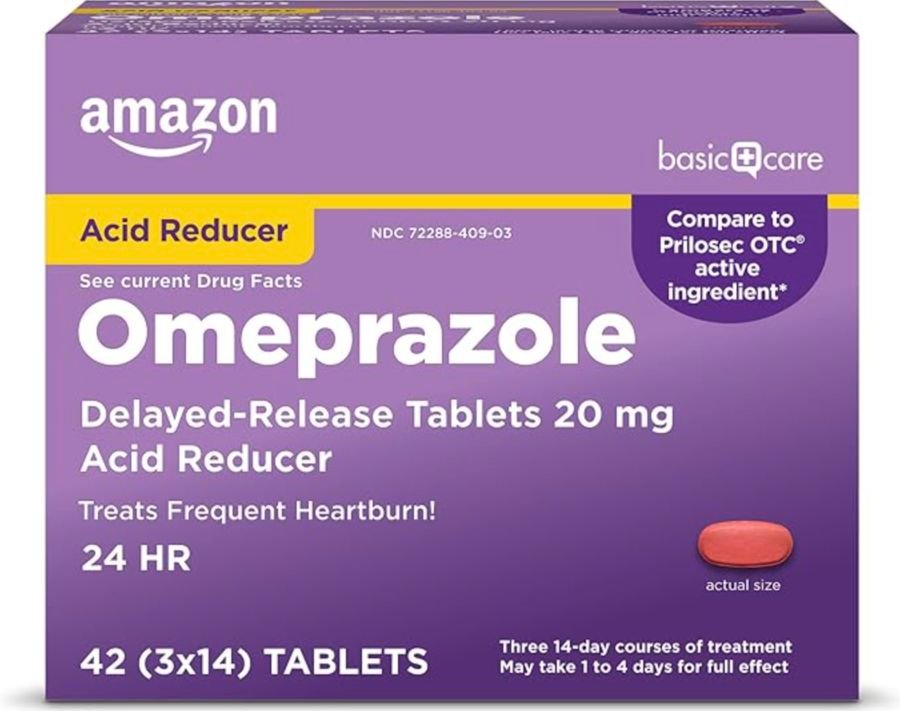
Omeprazole 20 mg Delayed-Release Tablets for Heartburn Relief
Omeprazole 20 mg is a proton pump inhibitor (PPI) commonly used to treat heartburn and gastroesophageal reflux disease (GERD). Available in delayed-release capsules, it works by reducing stomach acid and providing relief from discomfort caused by acid reflux.
What Is Omeprazole and How Does It Work?
Omeprazole is a medication that reduces the amount of stomach acid your body produces. It is classified as a proton pump inhibitor and works by blocking the proton pumps in the stomach, which are responsible for acid secretion. This reduction in stomach acid can help treat conditions like heartburn, ulcers, and gastroesophageal reflux disease (GERD). By decreasing stomach acid, omeprazole allows the digestive system to heal and reduce irritation caused by acid exposure.
Benefits of Taking Omeprazole for Heartburn
Taking omeprazole can significantly reduce heartburn symptoms by inhibiting stomach acid production. This medicine is often recommended for individuals suffering from frequent heartburn, acid reflux, or ulcers. For optimal results, it is important to take omeprazole exactly as directed by your doctor or pharmacist. Over-the-counter (OTC) options, such as Prilosec OTC, are available, providing a convenient solution for managing mild heartburn, but it’s important to discuss with your healthcare provider if you need it for longer than 14 days.
Omeprazole Medicine: Dosage, Brand Names, and More
Omeprazole comes in various dosages, including 20 mg and 40 mg, and is available in multiple brand names, such as Prilosec OTC. It’s a reliable medicine used to treat heartburn, ulcers, and other acid-related stomach issues.

Recommended Dosage of Omeprazole
The recommended dose of omeprazole typically starts at 20 mg per day for the treatment of heartburn and acid reflux. Depending on the severity of the condition, your healthcare provider may adjust the dose, potentially increasing it to 40 mg for more severe cases. It is essential to follow your doctor’s instructions carefully and never take more than the prescribed dose to avoid side effects. For long-term use, a doctor’s guidance is crucial to ensure safety and effectiveness.
Choosing the Right Omeprazole Brand Name for You
Omeprazole is available under various brand names, such as Prilosec OTC, Esomeprazole, and Pantoprazole. While they all contain the same active ingredient, the dosages and delivery methods may vary slightly. Discuss with your pharmacist which brand might be most suitable for you, especially if you’re considering using it for a condition like GERD or an ulcer. Different brands may also offer specific formulations, like the combination of omeprazole with sodium bicarbonate, to increase its effectiveness.
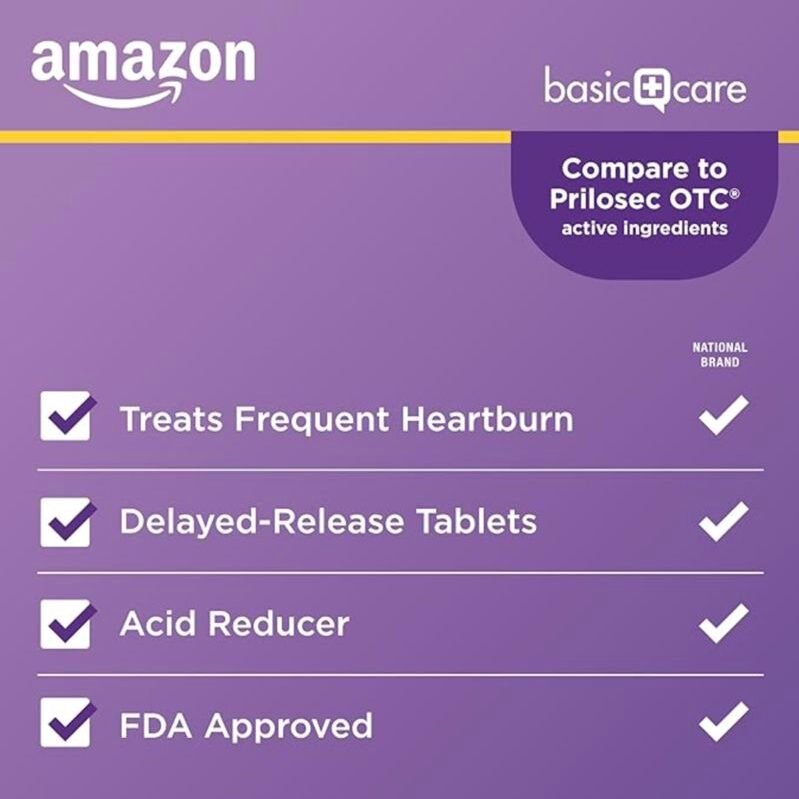
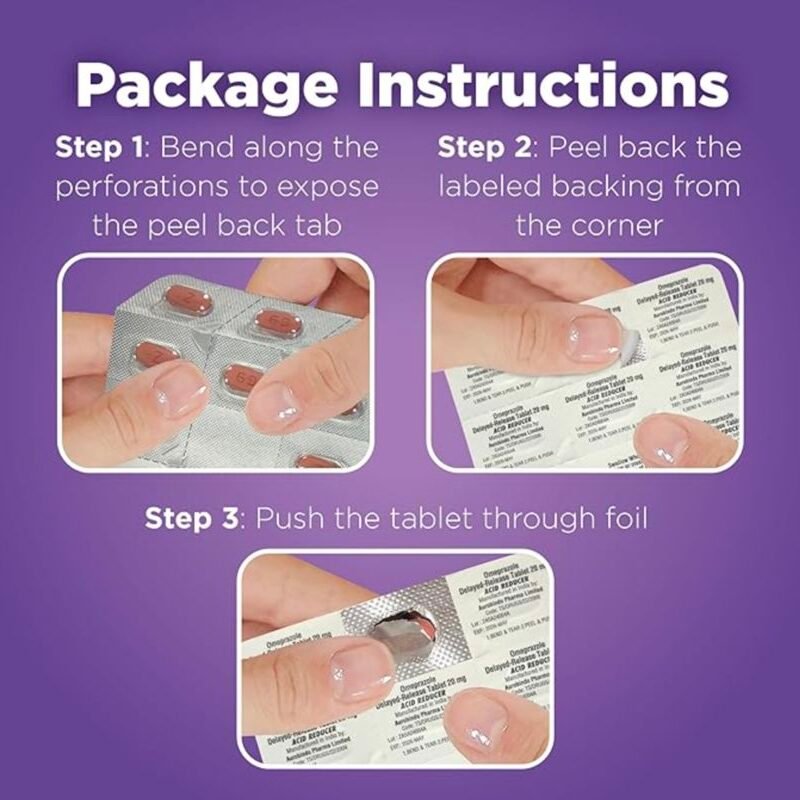
How to Take Omeprazole Effectively
It’s important to take omeprazole exactly as directed to achieve the best results. Typically, omeprazole is taken in the morning before eating, and the capsule should be swallowed whole—do not crush or chew it. Depending on your condition, omeprazole is usually prescribed for a 14-day course for heartburn or longer for ulcers and GERD. If you’re taking other medications like magnesium supplements, consult your doctor to avoid any potential interactions with omeprazole.
What Happens If You Miss a Dose of Omeprazole?
If you miss a dose of omeprazole, take it as soon as you remember unless it’s almost time for your next dose. In that case, skip the missed dose and resume your regular dosing schedule. Do not take two doses at once to make up for a missed dose. If you miss more than one dose, or if you’re unsure what to do, talk to your doctor or pharmacist for guidance.
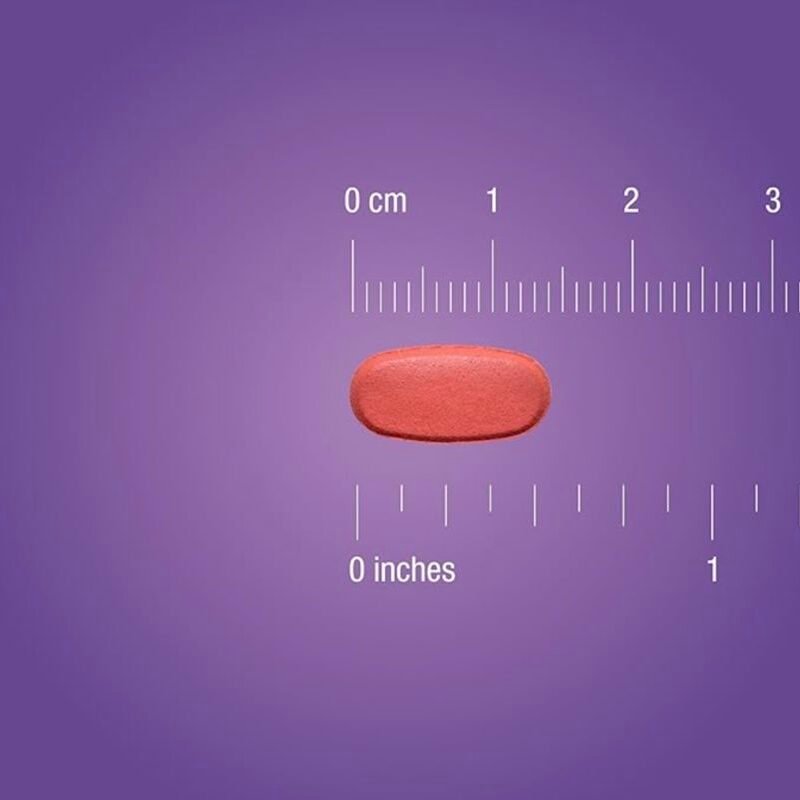
Omeprazole Side Effects: What You Need to Know
Omeprazole, a proton pump inhibitor, is an effective treatment for heartburn, ulcers, and acid reflux. However, like any medication, it may cause side effects. While many people experience no issues, it’s essential to be aware of possible reactions and how to manage them.

Common Side Effects of Omeprazole

Serious Side Effects to Watch Out For

How to Minimize Side Effects When Taking Omeprazole
Understanding Omeprazole Dosage and Treatment Duration
The correct dosage of omeprazole depends on your specific condition and how your body responds to the medication. For heartburn or GERD, omeprazole is often taken for a 14-day course, but longer treatment may be necessary for more serious issues like ulcers.
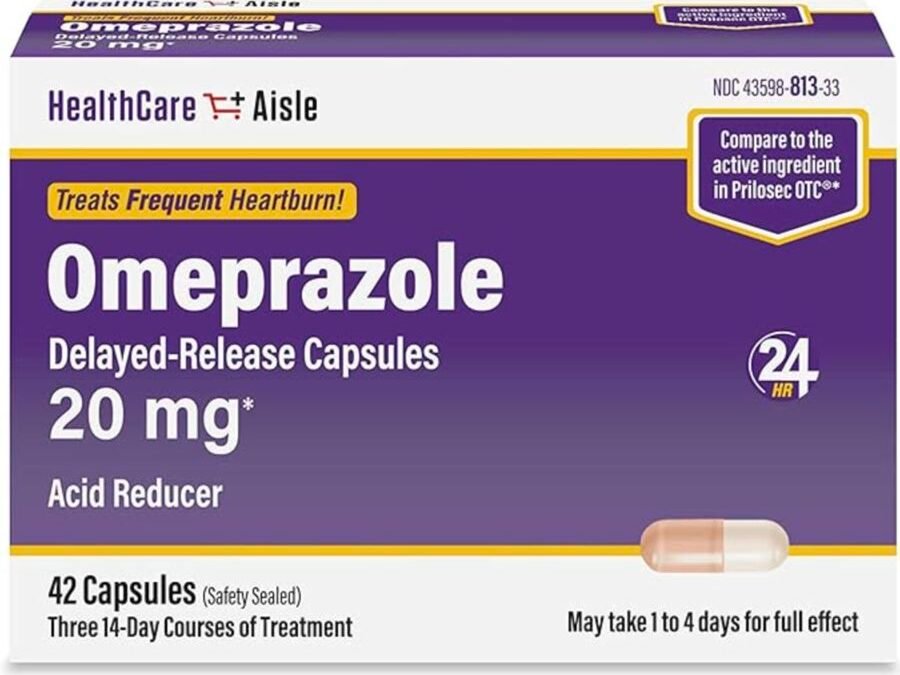
How Long Should You Take Omeprazole for Heartburn?

How to Adjust Omeprazole Dosage Based on Your Condition
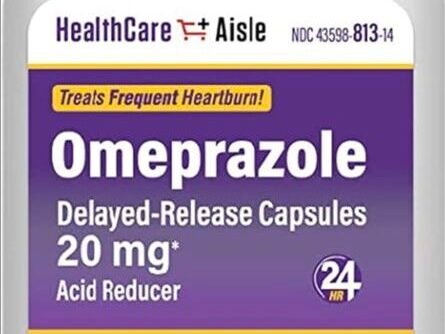
When to Seek Medical Advice Regarding Omeprazole Dosage
Alternative Treatments for Heartburn and Acid Reflux
While omeprazole is a highly effective medication for managing heartburn and acid reflux, other treatments may offer relief, especially for those who seek non-medication options or for whom omeprazole may not be suitable.
Non-Medication Options for Managing Heartburn
In addition to omeprazole, there are several non-medication approaches to managing heartburn. Lifestyle changes, such as avoiding large meals, elevating the head of the bed, and maintaining a healthy weight, can significantly reduce heartburn symptoms. Dietary adjustments, like reducing intake of spicy or acidic foods, can also help manage acid reflux. Furthermore, certain herbal remedies, such as chamomile or ginger tea, may provide temporary relief. However, it’s essential to talk to your doctor before trying any alternative treatments, especially if you’re considering them alongside omeprazole or other medications.
When to Consider Other Medications Beyond Omeprazole
If omeprazole alone is not providing sufficient relief, or if you’re experiencing side effects like joint pain, your healthcare provider may recommend trying other medications, such as H2 blockers or antacids. Medications like esomeprazole, pantoprazole, or omeprazole combined with sodium bicarbonate may be prescribed to help manage more severe or persistent heartburn. Additionally, if you are taking omeprazole for more than the typical 14-day course or have been on it long-term, your doctor may adjust your dosage or suggest an alternative to help reduce the risk of side effects, such as affecting the absorption of certain nutrients.
